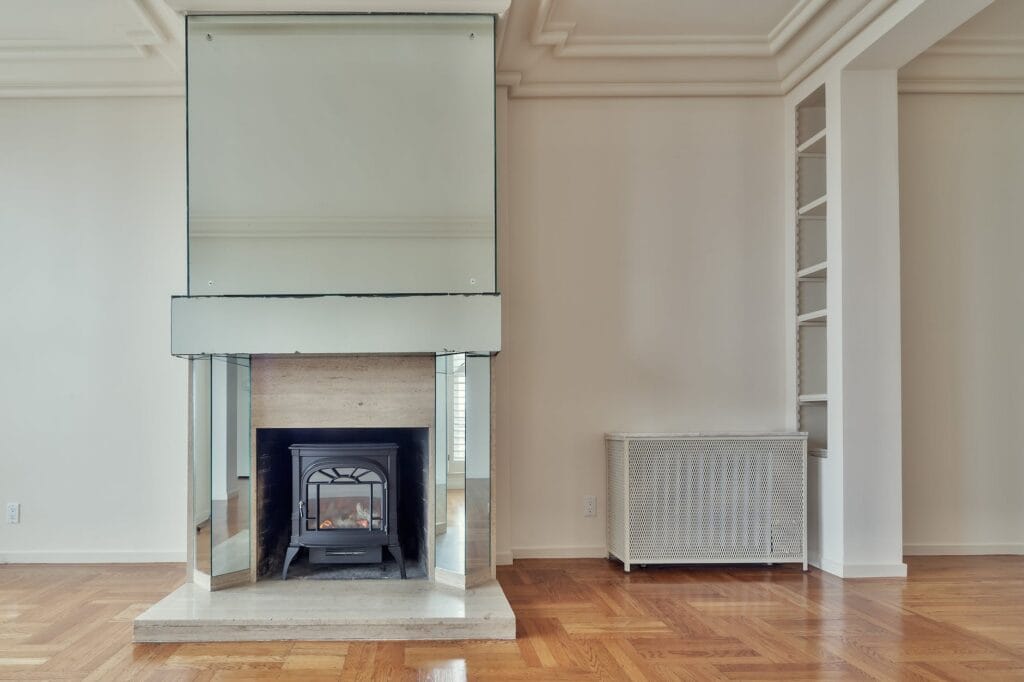As a rental property owner, tenant turnover can be a costly and stressful experience. Not only does it mean the loss of rental income, but it also means the added expenses of marketing, screening, and leasing to a new tenant. Fortunately, there are steps you can take for lowering tenant turnover rate and keeping your rental property occupied by happy, long-term tenants. In this article, we will provide you with 10 tips for lowering tenant turnover in your rental property.
- Keep Up with Property Maintenance
Regular property maintenance is essential for keeping your tenants happy and satisfied. If you neglect maintenance issues, such as leaking pipes or broken appliances, your tenants will become frustrated and may choose to move out when their lease is up. By keeping up with maintenance, you show your tenants that you value their comfort and well-being, which can lead to longer tenancies.
- Respond Promptly to Tenant Requests
In addition to regular maintenance, it’s important to respond promptly to tenant requests. If a tenant reports a maintenance issue or a problem with their living conditions, make sure to address it as soon as possible. This not only shows your tenants that you care about their concerns, but it also helps to prevent small issues from turning into bigger, more costly problems.
- Offer Renewal Incentives
One of the best ways to lower tenant turnover is to offer renewal incentives. This could be something as simple as a small rent reduction for tenants who renew their lease or a gift card for a local restaurant or store. By offering incentives, you encourage tenants to stay for another year, which saves you the time and expense of finding a new tenant.
- Build Positive Relationships with Your Tenants
Building positive relationships with your tenants is key to reducing turnover. Make an effort to get to know your tenants and show that you value their tenancy. Consider organizing tenant events, such as a holiday party or a summer barbecue, to foster a sense of community and belonging.
- Offer Flexible Lease Terms
Offering flexible lease terms can help to keep tenants in your rental property for longer periods. Consider offering month-to-month leases or short-term leases to accommodate tenants who may need to move for work or other reasons. By offering flexibility, you show that you value your tenants’ needs and are willing to work with them to keep them in your property.
- Keep Rent Increases Reasonable
While it’s important to keep up with market rents, it’s also important to keep rent increases reasonable. If you raise rents too high, your tenants may become disgruntled and choose to move out. By keeping rent increases reasonable, you show your tenants that you value their tenancy and are committed to providing them with a fair and affordable rental rate.
- Conduct Regular Property Inspections
Regular property inspections can help you identify maintenance issues early on and address them before they become bigger problems. They also give you the opportunity to check in with your tenants and address any concerns they may have. By conducting regular inspections, you show your tenants that you care about their well-being and are committed to maintaining a safe and comfortable living environment.
- Provide Clear Communication
Clear communication is key to maintaining positive relationships with your tenants. Make sure to provide clear and timely communication regarding lease renewals, rent increases, and maintenance requests. Consider using a property management software that allows you to communicate with your tenants through a single platform.
- Conduct Thorough Tenant Screening
Conducting thorough tenant screening is essential for finding reliable and responsible tenants who are more likely to stay in your property for longer periods. This includes running credit and background checks, verifying income and employment, and checking references. By taking the time to screen tenants thoroughly, you can reduce the risk of turnover due to unpaid rent or property damage.
- Address Tenant Complaints and Concerns
Finally, it’s important to address tenant complaints and concerns promptly and professionally. If a tenant feels that their concerns are being ignored or dismissed, they may become unhappy and choose to move out. By taking the time to listen to your tenants and address their concerns, you can build trust and foster a positive landlord-tenant relationship.
By following these 10 tips for lowering tenant turnover in your rental property, you can keep your property occupied by happy, long-term tenants and reduce the stress and expense of finding new tenants. Remember, a little effort and investment in maintaining positive relationships with your tenants can go a long way in keeping your rental property profitable and successful.

